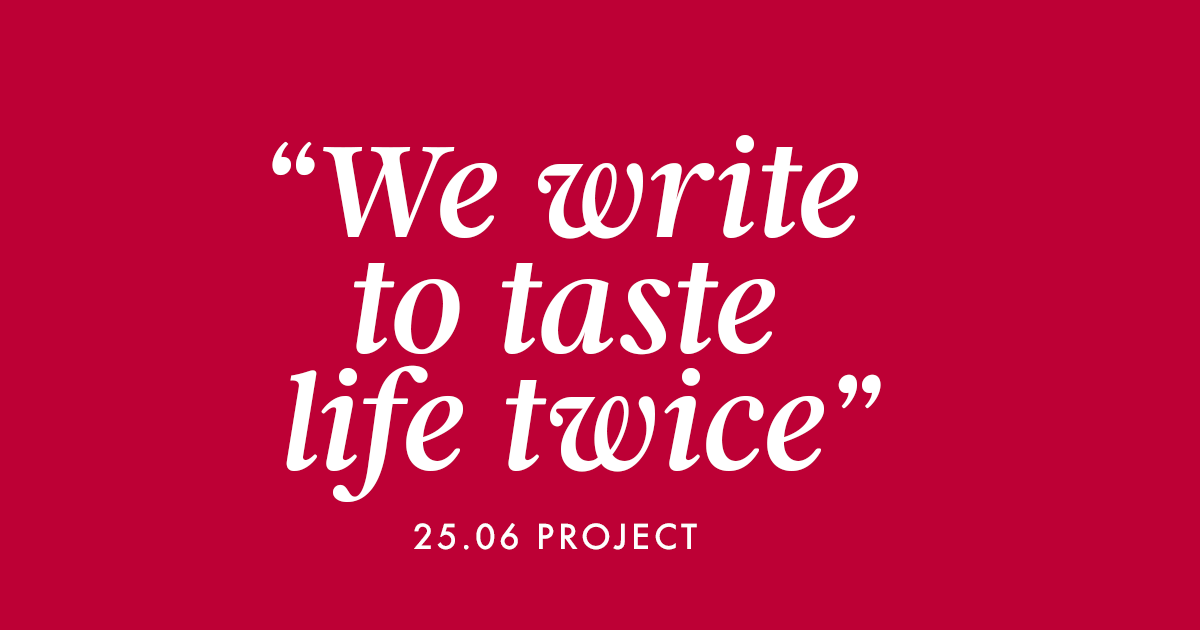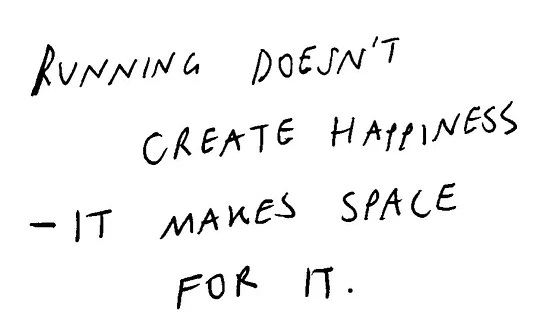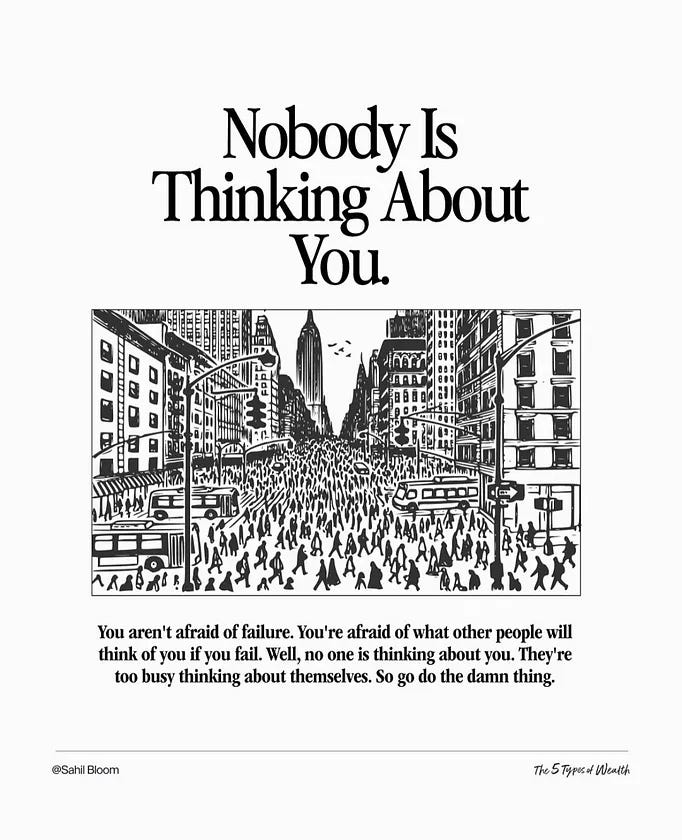To Taste June, Twice.
How did it go by, so fast?
I want to start June’s taste with a quote from Ocean Vuong’s The emperor of Gladness, the book on my nightstand.
“Because to remember is to fill the present with the past, which meant that the cost of remembering anything, anything at all, is life itself.”
What Ocean is saying basically is that memory shapes our whole existence, gives life meaning, but also takes up the time and space where life is actually happening. I decided to write this post, even when June happened like a million years ago. I needed to give June the space it deserved. It needed to be remembered, even at the cost of life itself, because it came with important lessons.
June was a roller coaster of emotions. Emotions normally felt when a cycle is ending, and a new one is about begin. It was a very chaotic month, mostly because I underestimated the effort required to pack your life in boxes.
However, this whole pack-your-life-endeavour and chaos, came with important teachings. Other than “moving is hard”, that is.
Let me share:
1. I want to feel light through life.
To store, sell, donate or get rid of things.
Packing my life in boxes was harder than anticipated.
So much more.
It felt like a well that kept filing up. Endless piles of things I have accumulated over the years.
Packing my small apartment into a million cardboard boxes had me questioning my life choices, and seriously eyeing the minimalist/monk route. Nothing kept around if not with a clear purpose for its existence. You know, the Marie Kondo approach to things.
The Kondo Marie framework does not, however, address the emotional tax that comes with deciding what to do with your things. To store, sell, donate or get rid of things? Nor does it tally in the effort required to execute any of those 4 actions. It is exhausting.
To let go of things is an exercise on its own. Being able to think with abundance, and release them into a second life, is unnatural. Counterintuitive, even. But that had to happen. I had to fit my life into 2 suitcases and 2 carry-ons, which does not leave space for the nice-to-haves. This space constraint leaves only room for essentials.
The lesson here I guess is: Marie Kondo is right, people. She is very right.
Do yourselves a favor and listen to her. Go get rid of stuff. Thank me later.
2. Semiannual cleanses are now officially a mandatory thing in my life.
Every once in a while, I like to do cleanses. Getting rid of unnecessary things. But every once in a while, apparently, is not enough.
I have a new rule: semiannual mandatory cleanses.
Not only does this meet me where I am, I like things. I like beautiful things, and will most probably not be able to achieve a monk/like minimalist lifestyle. However, I am now a firm believer that storing things that are not used is futile and brings bad juju with it. I will definitely book time, twice a year, to get rid of things that are not serving any purpose (joy IS a purpose). And every time something new comes into my house, something must come out.
I have an advantage over other girls out there. I am not particularly excited about clothes. I love looking good, yes. But fashion tires me out. I like reliable, classic, capsule/closet worthy pieces. It might feel bland, but I like black. I do not need color in my clothes. I look for color in my life (ha! or so I say).
3. Changes, spaces, uprooting.
Its funny how routines begin to dictate identity. I guess this happens because we are not what we continuously do becomes who/what we are. Dr. Huberman was a great episode on how one hour of focused, intentional work can create a difference in you identity. Highly recommend it. Identity shifts occur through consistency, so our routines become key. If you want to become something, repeat it enough times that your brain rewires identity around it.
This makes you really question how you are using your time, where you are placing your attention and focus.
And in some way, our spaces also dictate our routines. And since our routines — according to Huberman and oh so many research papers— dictate who we become, then our spaces dictate our identities as well. And it makes sense, right? That is why leaving places: apartments, cities, jobs even, seem to have such an impact in who we are.
This could also explain why it can be hard to change the place we call home. To actually let go of the being that we so effortlessly built over repetition and familiarity within a space and location. It is a process that entails a speck (or a LOT) of grief.
Yet, uprooting yourself creates space.
Space for reflection, for new things, for invention and reinvention. To redirect our ship towards the place we want to get to, instead of aimlessly navigating the waters of routine.
4. Planting something for growth.
We planted a tree! It was a very symbolic moment, aiming to represent that whatever is coming next, is just the begining.
5. Egg freezing = tortuous form of pink-tax life-insurance
I think this deserves a whole essay on its own. I really want to take the time and vulnerability needed to dissect what going through a round of egg freezing made me think, feel, and resent.
But until that essay gets written, I’ve decided to share a synopsis. You know. A glimpse of the experience.
Oocyte cryopreservation is a process that, much like its name, takes you down dark roads. Like Marissa Cox explains in her essay French for infertility: Part 1: “it takes a toll on your physical and mental health - it brought out the worst in me. The experience magnified my fears and exposed parts of myself I hardly recognized”. Read her whole experience here.
For me, cryopreservation is merely an insurance. The prime I decided to pay because I am a 35 year-old woman who has decided not to reproduce. Yet? Or ever? I can’t say for sure.
The small, possibility, of motherhood is something I wanted to give to my future self: the option to decide if this were something I decided to pursue in the future. A back up plan in case I decide that motherhood is something I do want for myself and my “February 1st milestone” has piled up to the point of barrenness.
Your chances to reproduce diminish as you age. That is not something new. However, this process really made me resent the fact that I had to choose and had to go through it, while men, do not. It is the first time in my life that I have truly felt a biological unfairness that put me in a disadvantage vs. my male peers.
I was angry. And, at the same time. I was thankful.
Thankful that this process now exists (however horrible it is), is somewhat affordable, and can make the improbable, possible.
6. Running does not create happiness. It creates space for it.
I took a few days off running this month, which made the chaos harder to endure. I did not stop working out, just had to dial down to low-impact sessions. And every time you stop doing something you love, you realize you love it not because of the activity per se, but because it makes you a better person overall.
I stumbled upon this quote from Joshly Not on Instagram. It sums up why running is something that I prioritize and consider a privilege to do. Running is awful. But it creates the space, mentally and physically, that brings your better self to the rest of your life. It just dots the i’s and crosses the t’s. Why? Not sure? There is something primitive about running that does not happen doing pilates. For sure.
7. Nobody is thinking about you.
Go do the damn thing.






